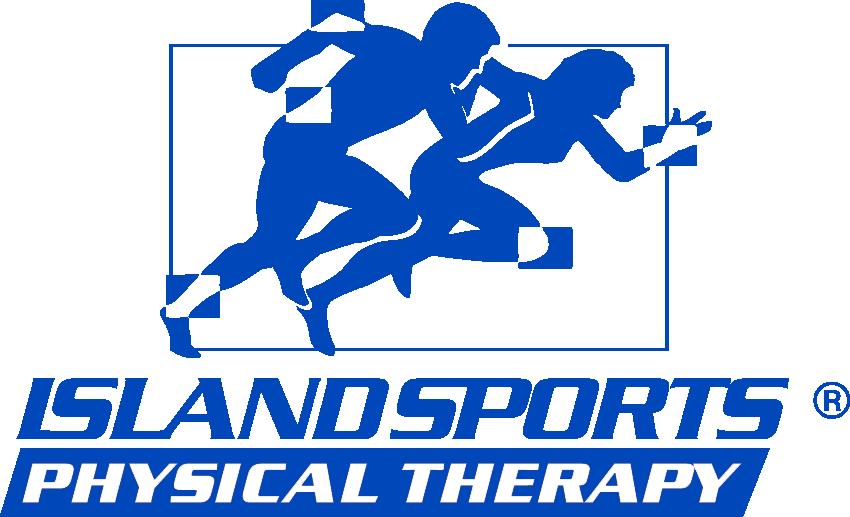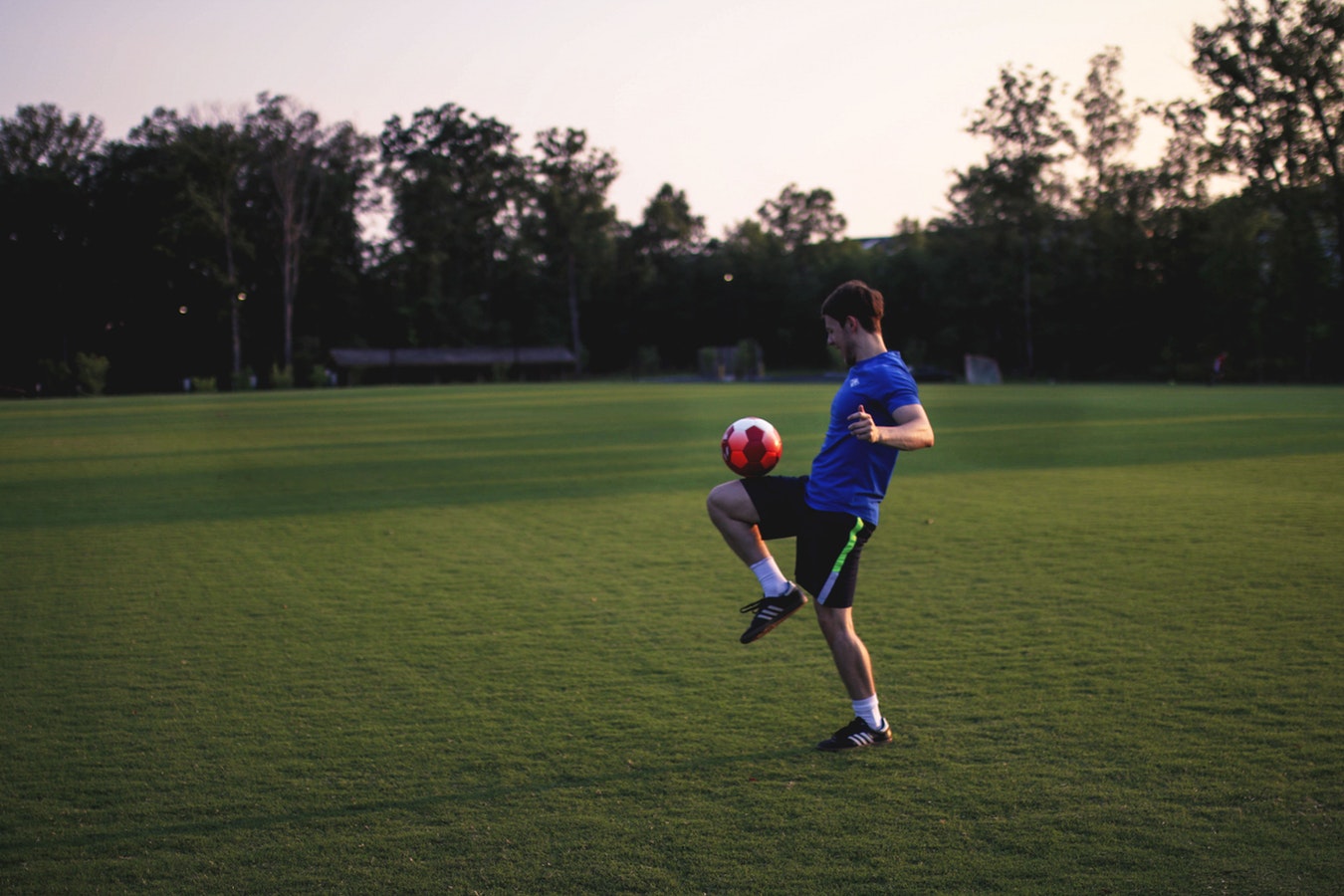ACL
The Anterior Cruciate Ligament, or ACL, is critical for keeping your knee stable and fully mobile. The ACL also helps prevent the knee joint from making any harmful movements, such as hyperextensions. ACL injuries can be extremely painful and often have a lengthy recovery period. These injuries are usually caused by physical actions such as when a runner stops or changes direction too suddenly, when an athlete experiences a direct collision, or when someone lands awkwardly after a jump. In most cases, ACL injuries often require physical therapy and rehabilitation. Here at Island Sports Physical Therapy, we provide a wide range of different physical therapy options designed to make your recovery as easy as possible. When it comes to ACL injuries, a physical therapist in East Northport can provide you with a rehabilitation plan that is specifically designed to meet your physical needs and personal goals.
ACL injuries are divided up into three categories based on how severe they are.
Grade I Sprain: For this type of ACL injury, the ligament is severally stretched but there is no actual tear. This means that the ACL is still able to provide the knee with some stability. These injuries do not require surgery. Some of the symptoms include tenderness and swelling of the knee. Recovering from these injuries can be fairly simple, as a combination of rest and icing the knee should be enough to heal them.
Grade II Sprain: The least common of the three, grade II sprains occur when the ligament is stretched and only partially torn. Treating this type of ACL injury includes a combination resting the affected leg, icing the injured knee joint, and going through physical therapy. Surgery might become necessary if the tear is too severe.
Grade III Sprain: This is the most severe example of an ACL injury, and it occurs when the ligament is completely torn. This injury is especially prevalent with athletes. With this injury, the ACL is no longer providing stability to the knee and surgery is almost always required to reconstruct the ligament. Some of the symptoms of a grade III sprain include an audible crack or pop sound followed by severe pain. It is also likely that an individual will not be able to put any weight on the affected knee.
If not addressed properly, ACL injuries can have severe and long-lasting health impacts. This could mean a severe loss of motion and control of your knee. For athletes, this could prevent them from participating in their sport ever again. Even after getting surgery to reconstruct the ACL, physical therapy is still needed to help the knee return to normal. With physical therapy, your knee is gradually strengthened in a way that will help it regain its mobility and durability.
At Island Sports Physical Therapy, a physical therapist in East Northport will help you maximize the effectiveness of your physical therapy. With our professional guidance, they can ensure that your ACL not only heals quickly and properly, but they will also provide you with information on how you can prevent similar injuries from happening in the future.
If you would like to set up an appointment with a physical therapist in East Northport or any other location, please contact us here.


